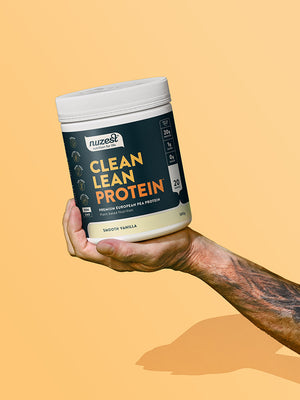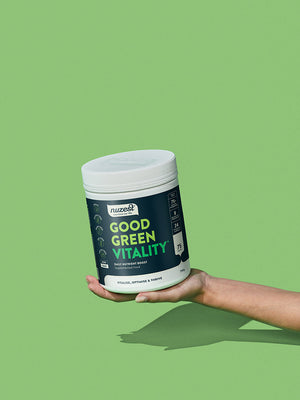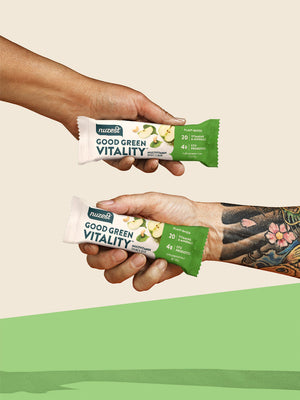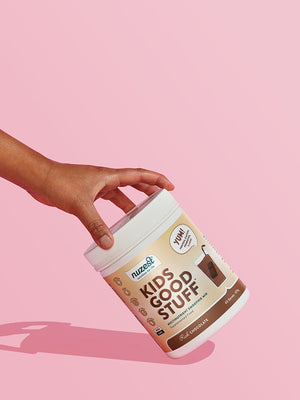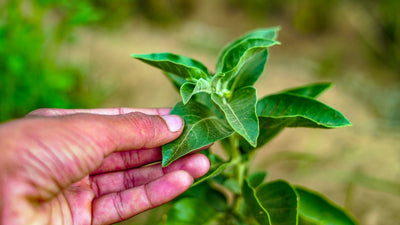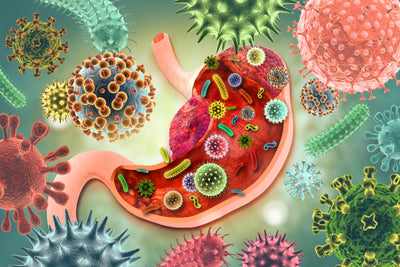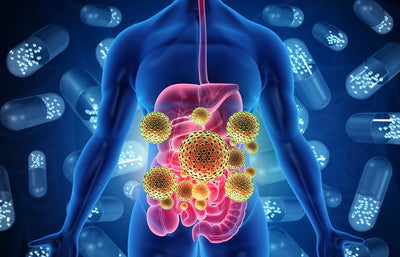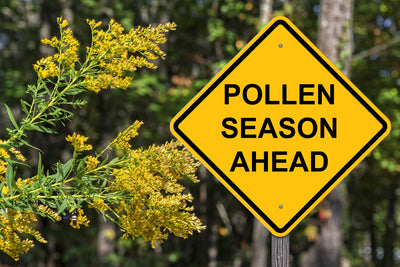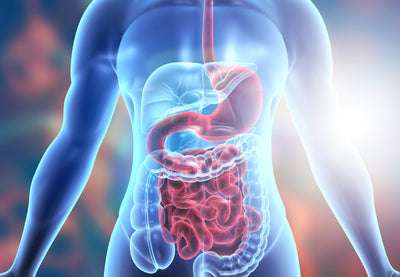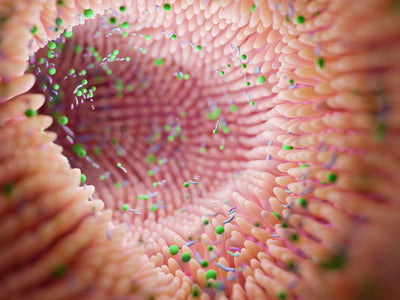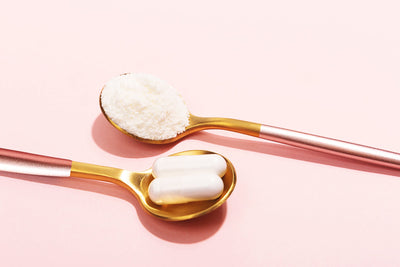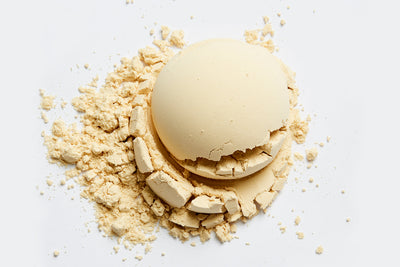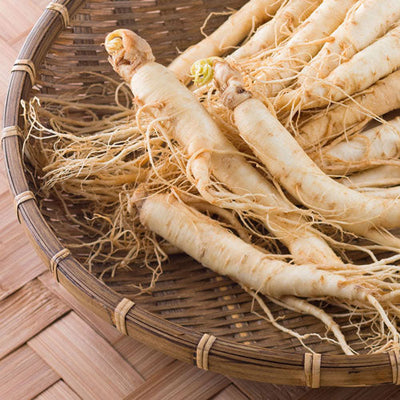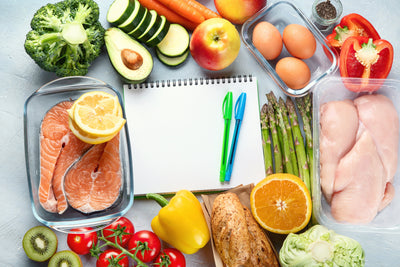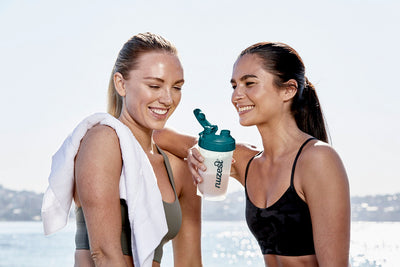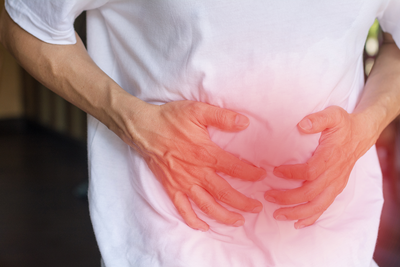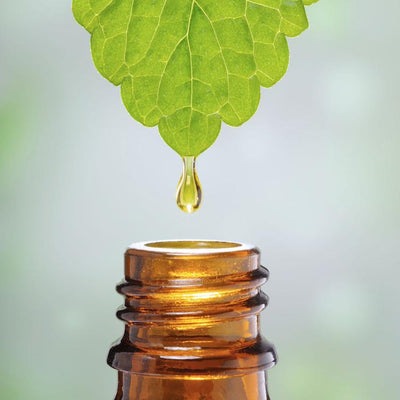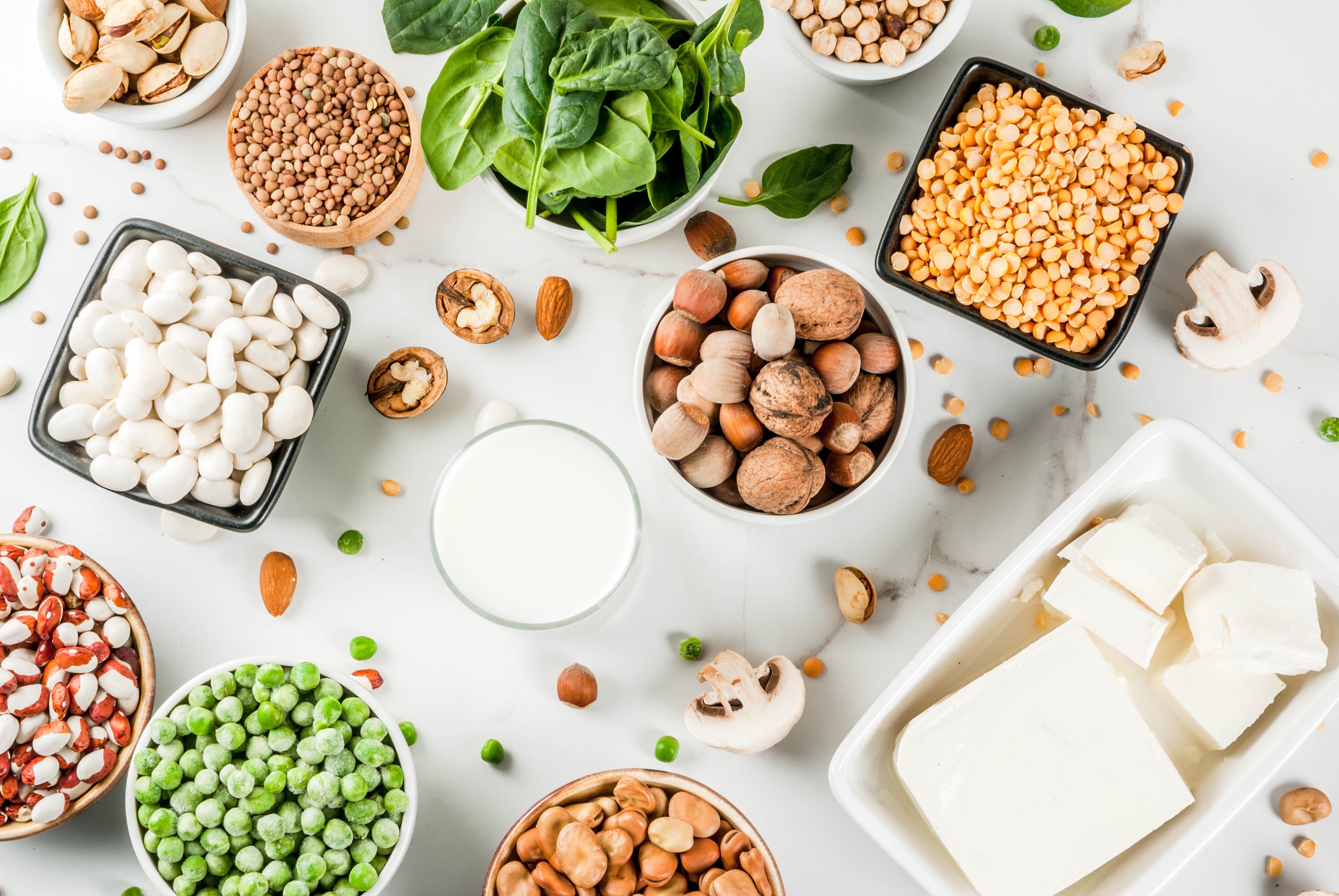
7 min read
Protein 101 for Kids
Posted By
Emma Linnea
Author: Lauren Parchi
What is protein?
Protein is one of three macronutrients on which our diets are built (along with carbohydrates and fat) (1). It’s essential to almost every physiological process in the body, including, but not limited to, growth and repair (1). Protein is particularly important for children’s growth, neurodevelopment and long-team health (2).
Protein consists of 20 amino acids (1); 11 of these are known as non-essential amino acids and can be made by the body, whilst the other 9, known as essential amino acids, must be obtained externally through diet (1). Amino acids form together in long chains to create the building blocks of protein and are present in all living cells exerting both functional and structural properties (1). Functionally, the body can break down tissue proteins into amino acids and utilise them for energy or glucose production (1). Some proteins can act as enzymes to support digestion, the building of bones and glucose production, whilst certain hormones such as insulin and glucagon use proteins to help regulate blood glucose levels and human growth hormone (3).
Why is protein so important for growing kids?
Brain growth and development relies on a high rate of protein synthesis (2). The amino acids that make up proteins, for example arginine and leucine, are required to synthesise crucial signalling molecules such as neurotransmitters and determine neuronal complexity (2). These amino acids also function to create other compounds, such as creatine, which is a key marker of kidney function, and peptide hormones which exert effects on the endocrine system (2). Research has highlighted the importance of protein for infants, with preterm babies who have higher protein intakes displaying greater head circumference growth and improved neurodevelopmental outcomes compared to those with lower levels of protein at birth (2). Furthermore, animal studies have demonstrated the effects of amino acid deficiency, in particular leucine, on decreased neurodevelopment (2).
How much protein does a child need?
The World Health Organisation and Food and Agriculture Organization states the reference values for protein intake as 0.9g/kg/day for boys aged 3 to 18 years old and girls aged 3 to 15 years old (4). This means if your child weighs 20kg they require 18g of protein per day.
Best sources of protein:
Protein is present in both animal and plant foods. Whilst the amino acids found in animal proteins is closer to that of humans, all of the essential amino acids can be obtained from plant sources as well (1).
Some of the highest sources of protein include:
- Chicken (32g per 100g)
- Pork (31g per 100g)
- Tuna (29g per 100g)
- Firm Tofu (17g per 100g)
- Lentils (9g per 100g)
- Yoghurt (5.7g per 100g)
- Cheese (Parmesan) (35g per 100g)
- Pumpkin Seeds (29g per 100g)
- Eggs (12g per 100g) (5)
How can I increase protein in my child’s diet?

Whilst your child may be having three meals a day, they may not be consuming protein with each meal. One of the best ways to increase protein in your child’s diet is through snacks either side of meals. Here are some of our top tips to increase protein in your child’s diet!
- Add cheese to bread or crackers and use it to top baked potatoes and vegetables.
- Blend tofu or plain Greek yoghurt with melted chocolate to create a creamy chocolate mousse.
- Add yoghurt to smoothies.
- Store hard-boiled eggs in the fridge to have on hand as a quick handheld snack.
- Create cut-outs of cheese slices, ham and sandwiches using fun shaped cutters.
- Sprinkle seeds or nuts on fruit and yoghurt.
- Add peanut butter or almond butter on toast, fruit or blend into a smoothie.
- Add one serving of Kids Good Stuff to 250ml water or milk of choice. Alternatively, you can add Kids Good Stuff to a fruit smoothie or your child’s favourite baked goods.
Kids Good Stuff contains 8g of pea protein isolate, which is an effective, kid-friendly dose of high-quality protein. Pea protein isolate is vegan, gluten, soy, and dairy-free, and is also free-from common allergens including peanuts and egg, making it a low-allergen, safe option for children. It has an absorption rate of over 89% and contains all 9 essential amino acids, including leucine, which is needed for human growth and development.
Kids Good Stuff is the perfect addition to your child’s diet, providing protein along with 11 fruits and vegetables to support optimal growth and development. For more ideas on how to incorporate Kids Good Stuff into your child’s diet and to shop products, click here.
References:
- Nutrient Reference Values, (2014). Protein. Retrieved from https://www.nrv.gov.au/nutrients/protein
- Cormack, B. E., Harding, J. E., Miller, S. P., & Bloomfield, F. H. (2019). The Influence of Early Nutrition on Brain Growth and Neurodevelopment in Extremely Preterm Babies: A Narrative Review. Nutrients, 11(9), 2029. https://doi.org/10.3390/nu11092029
- Medline Plus, (2020). What are proteins and what do they do?. Retrieved from https://medlineplus.gov/genetics/understanding/howgeneswork/protein/#:~:text=Proteins%20are%20large%2C%20complex%20molecules,the%20body's%20tissues%20and%20organs.&text=Enzymes%20carry%20out%20almost%20all,that%20take%20place%20in%20cells.
- FAO/WHO/UNU. Protein and amino acid requirements in human nutrition. Joint WHO/FAO/UNU Expert Consultation. World Health Organ Tech Rep Ser. 2007:1–265. https://www.who.int/nutrition/publications/nutrientrequirements/WHO_TRS_935/en/
- My Food Data, (2021). Top 10 Foods Highest in Protein. Retrieved from https://www.myfooddata.com/articles/foods-highest-in-protein.php
Related news
min read
An Introduction to Gut Health & Nutrition – 5 Must See Articles
Gut health significantly affects overall wellbeing, influencing brain function, immunity, and metabolism. A balanced gut microbiota, influenced by diet and environment, can potentially enhance health, aid digestion, and reduce allergies. The roles of probiotics and prebiotics in gut health are also discussed.
min read
Probiotics vs. Prebiotics
Unleash gut health with probiotics and prebiotics! Strengthen digestion, immunity, and overall well-being. Try Nuzest's Good Green Vitality for convenient support with 8 billion CFU of probiotics. Take charge now!
min read
The Link Between Gut Health & Allergies - Plus 5 Top Tips to Help
Discover the link between gut health and allergies, and how the gut microbiome influences the body's immune response to allergens. Learn how adopting a balanced diet with prebiotics and probiotics can support gut health, reducing the risk of allergic reactions. Explore solutions for allergy relief and fostering a healthier gut with Nuzest’s multi-nutrient formula, Good Green Vitality.
min read
The Great Diet Debate: Unravelling the Tapestry of Popular Eating Plans
Exploring popular diets such as the Mediterranean, Ketogenic, Plant-Based, Paleo, and Intermittent Fasting, this overview highlights their principles, benefits, and considerations. It emphasizes the importance of finding a dietary pattern that aligns with individual health goals and preferences, while suggesting the potential benefits of incorporating a multi-nutrient supplement for overall health.
min read
The Gut Connection: How to Improve Your Digestion and Gut Health in 6 Steps
Discover the significance of gut health and its impact on digestion and overall well-being in this insightful article. Learn six practical steps, including maintaining a balanced diet, staying hydrated, managing stress, and using antibiotics wisely, to promote a healthy gut and enhance vitality.
min read
Does Gut Health Affect Your Immune System? | Do These 6 Things
The gut microbiome, which consists of trillions of bacteria in our digestive tract, plays a crucial role in supporting our immune system and overall health. Consuming probiotics and prebiotics, staying hydrated, managing stress, limiting processed foods, and engaging in outdoor activity and exercise are effective strategies to promote a healthy gut and enhance immunity.
min read
What is Collagen? Types, Sources and Benefits of Supplementation
Collagen is essential for joints, bones, muscles, ligaments, tendons, cartilage, skin, hair and nails.2 It is one of the primary structural proteins of connective tissue and plays a crucial role in the body by cushioning, strengthening, hydrating, binding, and connecting tissues together.3 Connective tissues are able to provide physical and mechanical support through the collagen, elastic and reticular fibres
min read
Kids Good Stuff for Skin Health
How can you ensure your kids have healthy skin? A part from the obvious, what nutrients can we provide our kids to ensure their skin stays in tip top shape?
min read
Maximising Mood In Your Kids
Almost 1 in 7 children and adults aged 4-17 had been diagnosed with a mental health disorder. Amy Butler discusses good nutrition and lifestyle modifications, that can help to reduce the risk.
min read
Long-Lasting Energy For Kids
Children and adolescents are going through massive periods of growth and development. To keep up with the demands of school, extracurricular activities, sports and friendships, kids often need a bit of an energy boost. In our latest blog we break down some specific nutrients for energy, to help support growing kids, and the best places to source them from.
min read
Setting Health Goals & Staying Motivated in 2021
Use this tried and tested goal strategy to set smaller, specific goals to avoid the overwhelm of unrealistic and vague health objectives.







